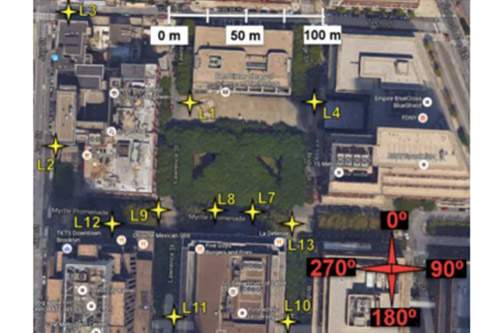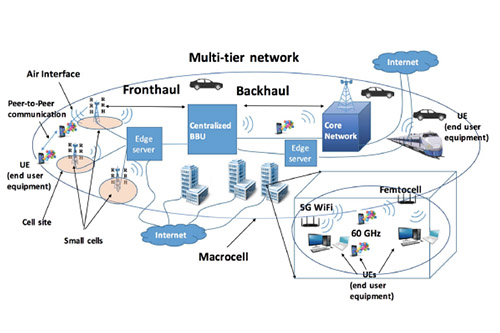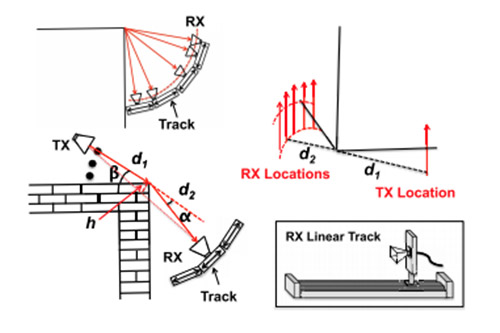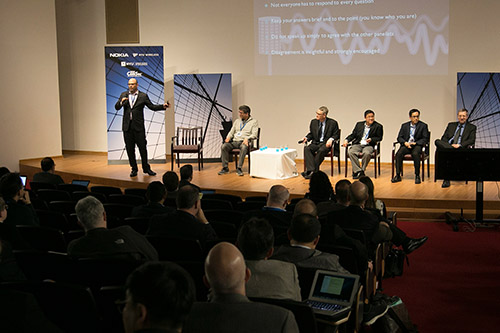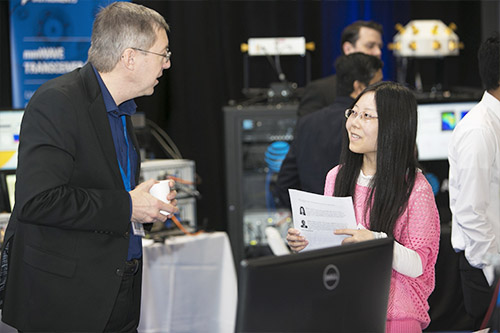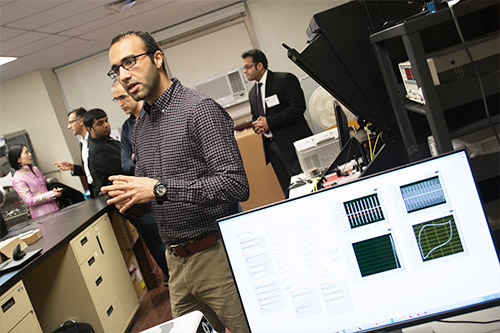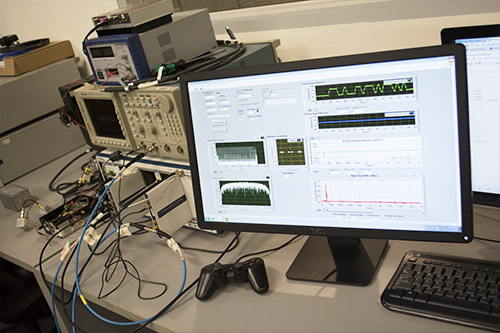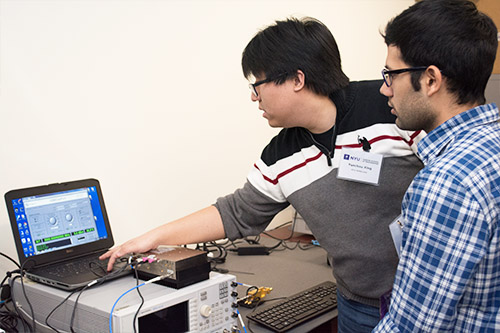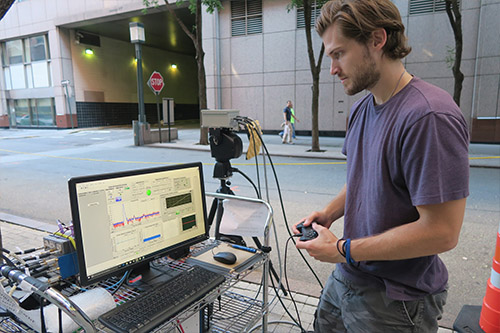5 Academic Institutions Building 5G Technology
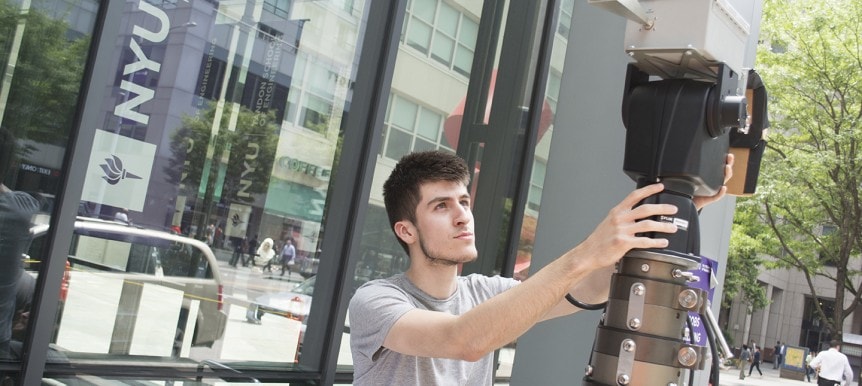
It’s likely that 5G, the term used to describe the next-generation of mobile networks, will be a complicated mish-mash of technologies. Some of the 5G vision includes existing technologies like LTE and LTE-Advanced Pro, self-organizing networks (SON), software-defined networking (SDN) and network functions virtualization (NFV). But 5G will also likely include lesser-known technologies like massive multiple-in and multiple-out (MIMO) antenna arrays, millimeter (mmWave) high frequency spectrum, and distributed cloud architectures.
Because 5G promises to be such a huge technological leap forward for wireless networks, many academic institutions are working hard to make contributions to the 5G vision by conducting research and creating test beds.
Here’s a look at some of the top academic institutions around the globe that are making headway in 5G research.
NYU WIRELESS
NYU Wireless is based at New York University’s Brooklyn engineering school and describes itself as an industrial partnership program that brings together students and industry for recruitment and research. Industry partners involved with NYU Wireless include AT&T, CableLabs, Intel, Ericsson, Huawei, Nokia, Qualcomm, and Level 3.
NYU Wireless’ projects include mmWave channel modeling, 5G channel model simulation, and the distributed core architecture.
The institution also is behind the Brooklyn Wireless Summit, an event it hosts every spring with Nokia. The summit, which attracts top 5G dignitaries from industry and academia, focuses on overall 5G system design, regulation, and use cases.
Ted Rappaport, founder of NYU Wireless, is a well-known name in wireless academia. Earlier in his career, he founded two other academic wireless research centers: The Wireless Networking and Communications Group (WNCG) at UT Austin, and the Mobile and Portable Radio Research Group (MPRG), now known as Wireless @ Virginia Tech.

 2026 Open House
2026 Open House 2025 Brooklyn 6G Summit — November 5-7
2025 Brooklyn 6G Summit — November 5-7 Sundeep Rangan & Team Receive NTIA Award
Sundeep Rangan & Team Receive NTIA Award